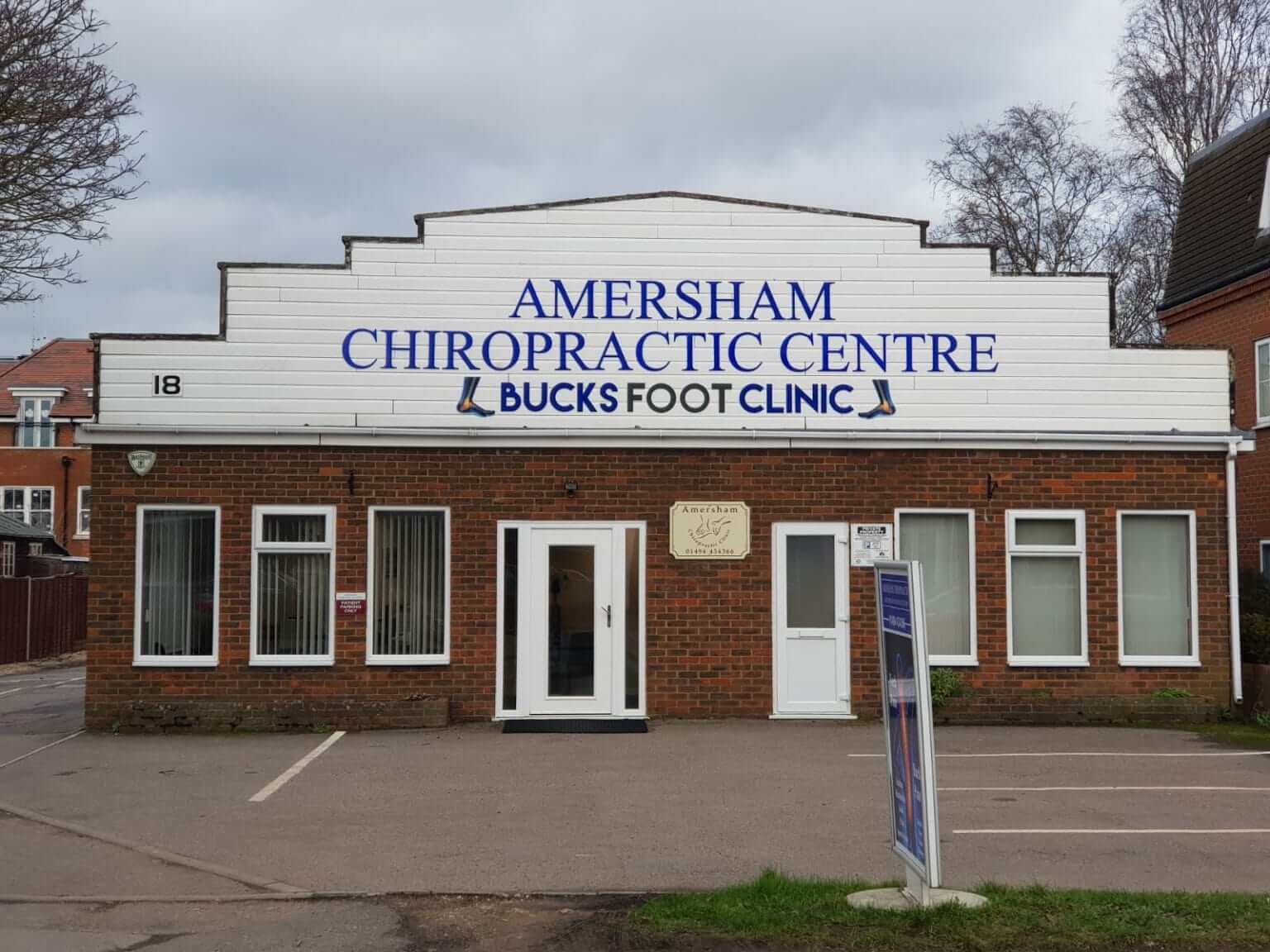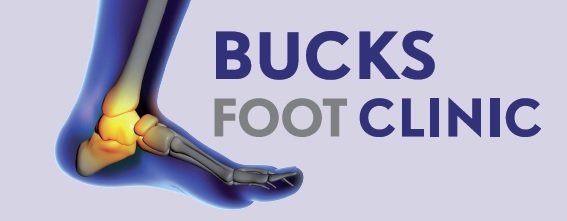
There are so many important parts of your body, you tend to overlook some of the smaller ones. Though they may be small, they do not lack significance. Toenails come under this category of overlooked body parts that need focused care. There are a plethora of problems you can face when it comes to your toenails, and the most common and popularly suffered one is Ingrown Toenail Infections. You can come from any walk of life, and suffer from this issue. But do not fear, we have a guide to help you understand Ingrown Toenails Infection better!
What are Ingrown Toenail Infections?
It is important to know what you’re looking for when self-diagnosing yourself with an infection. You can’t confirm something unless you know what it is. So, what exactly is an Ingrown Toenail Infection?
Ingrown Toenails occur when the edge or corner tip of your nail pierces into your skin and then begins to grow back into it. It can happen to everyone and is extremely common and can also be quite painful to deal with. When you have an unattended ingrown nail, chances of infections run high, especially if you’re on your toes a lot! When left unattended, these infections can spread into the underlying bone structures of your feet. Which is why it’s always best to nip these painful growths at the bud!
Causes and Prevention
The main cause of an ingrown toenails infection is negligence. When you have an ingrown nail, it is important to treat it with utmost care so as to not let it get infected. If you notice an ingrown nail, you must treat it so you can prevent infections from spreading into your foot.
You can get ingrown toenails from cutting your toenails too short or keeping them too long, wearing improper footwear, angled nail cutting, toenail injury, and poor foot hygiene.
Sometimes, it’s genetic too. If you have a genetic predisposition to having curved toenails, you are at high risk for ingrowths and infections.
The best way to prevent these infections is to maintain proper foot hygiene, remember to cut your nails straight, wear shoes that fit you comfortably and check in with your podiatrist if something seems amiss.
Symptoms
The symptoms for infected ingrown toenails are quite straightforward and specific.
- Pressure-filled pain on your toe.
- Redness
- Swelling
- Bleeding
- Skin next to nail being swollen, tender or hard
- Visible skin growth over your nail
- Blister (which you may not notice at first, but you will notice large amounts of drainage of pus)
- Thick, yellow nails that are cracked; a key symptom of fungal infection
If you notice any of these symptoms, please visit your nearest podiatrist or you can contact us!
Remedies and Treatment
Ingrown Toenails are easy to cure at home if you identify them soon. Never yank or pull on the ingrown nail; you shouldn’t force it and you must always make sure your hands are clean and dry before attempting to fix it at home.
Some home remedies include:
- Soaking your foot in warm water and Epsom salt / coarse salt to soften the skin around your nail. This will also help drain the pus out and reduce pain.
- Applying antibiotic or antifungal lotion onto the nail and skin under and around the nail.
- Taking over-the-counter pain medication to help with the discomfort, pain, and swelling.
- Wearing comfortable and breathable shoes.
If these don’t home remedies don’t work, and you find it hard to manage, your doctor may do some of the things listed below:
- Pack an antibiotic soaked gauze under your nail to eliminate infection and encourage the nail to grow out normally
- Trim or cut off the ingrown part of your nail
- Surgery, only if the case is serious and / or recurring
If your ingrown nail persists and the infection isn’t getting better, it’s time to see a doctor near you.
Conclusion
Now that you know more about Ingrown Toenails Infection, you can identify them better. If you find yourself facing this problem frequently, and it’s getting hard to manage, don’t hesitate to visit us at Bucksfoot Clinic, Amersham. They also provide services for other foot-related pain and problems, and they even offer custom-made footwear to tackle severe foot problems.
Book an appointment today to get swift ingrown nail infection care in Beaconsfield at Bucksfoot Clinic.
You can call us on 0800 107 3290 / 077 99 122 099, or you can book an appointment with us through our website!
Please call us on 0800 107 3290 / 077 99 122 099 Or contact us
